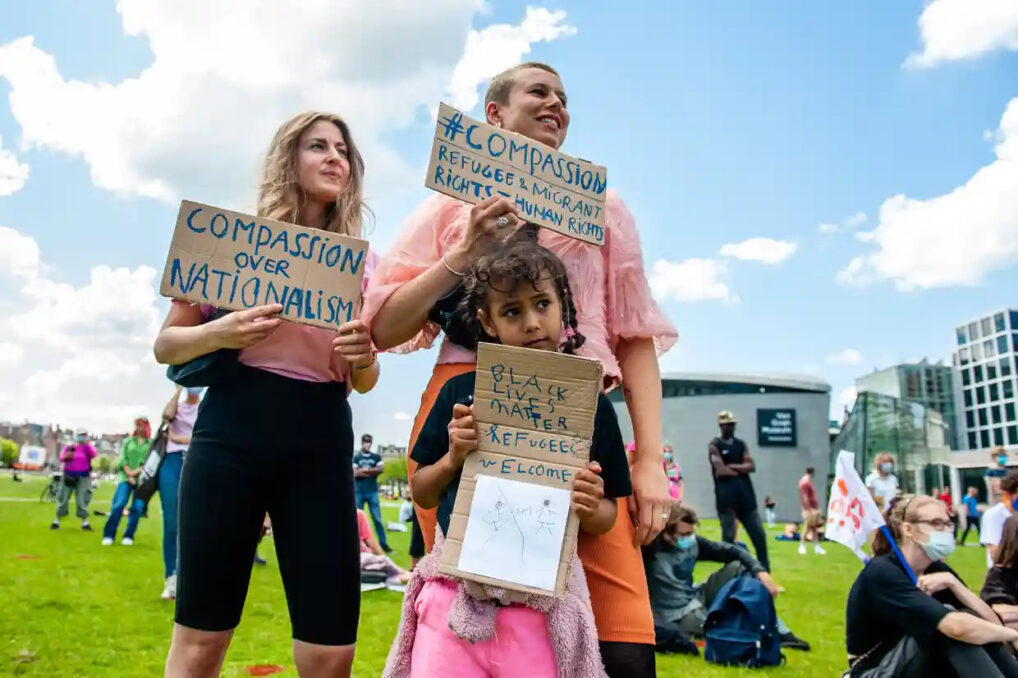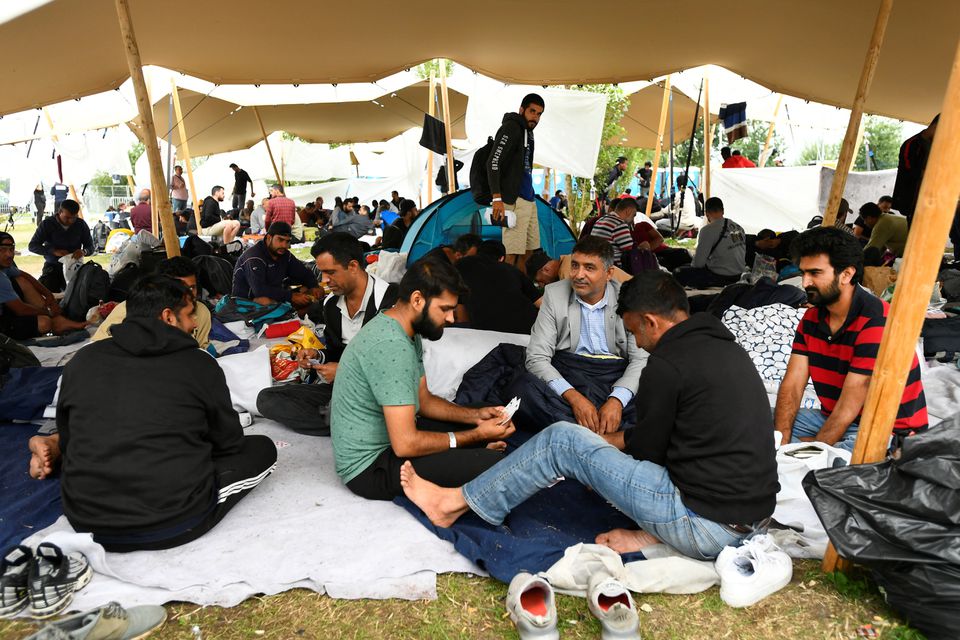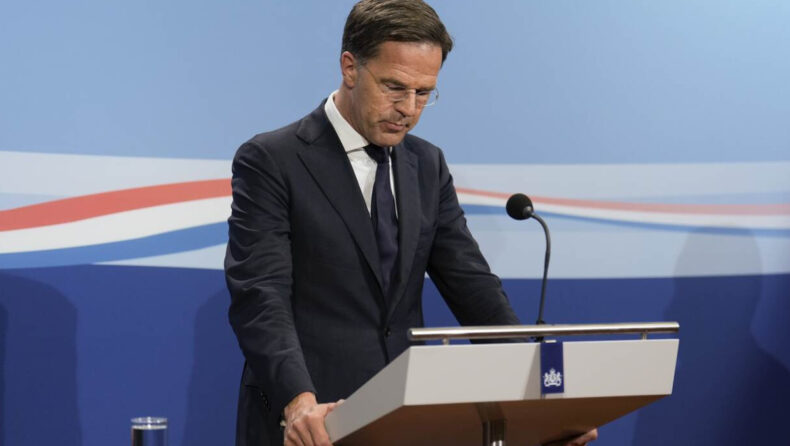The four-party coalition government of the Netherlands, led by Prime Minister Mark Rutte, has collapsed due to deep divisions over the country’s migrant flow and asylum policies. After an emergency cabinet meeting on Friday, PM Rutte, in a press conference, announced that the government had collapsed and would hand his resignation to King Willem-Alexander on Saturday.
The disagreements among the coalition parties were triggered by differences of opinion between Rutte’s conservative VVD party and the other three coalition parties over measures to limit the flow of asylum seekers to the Netherlands. “Migration is a large and important issue, both socially and politically. Now that we have failed to reach an agreement on this issue, we in the cabinet met to discuss the situation and collectively decided that the coalition had lost its political foundation,” Rutte said in the press conference.
Rutte is the longest-serving prime minister of the Netherlands, leading the country since October 2010 in four different coalitions.
Deep Divisions Lead to Prime Minister Rutte’s Resignation

The four parties in the Rutte IV cabinet formed in 2022 are the People’s Party for Freedom and Democracy (VVD), Democrats 66 (D66), Christian Democratic Appeal (CDA), and Christian Union (CU).
Rutte’s VVD party this week proposed a plan to create a two-tier system for asylum seekers, granting more rights to people under threat of persecution than to those fleeing war zones. The plan also included a proposal to limit the right to family reunions for refugees from war zones to 200 people per month after a period of two years. Two of the four-party coalition, the Christian Union and D66, refused to support this proposal over their unwillingness to break up families.
The parties failed to reach a consensus on Rutte’s asylum policy for the third day in a row marking the end of Cabinet Rutte IV before the term of four years.
Anticipated Surge in Asylum Seekers Puts Netherlands in the Spotlight
46,500 asylum seekers entered the Netherlands in 2022, and in 2024, the country is expecting 77,000 asylum seekers, a 65.7% rise compared to 2022. Compared to other members of the European Union, the Netherlands has an exceptionally higher acceptance rate of first-time asylum seekers. The Dutch State Secretary for Asylum and Migration, Eric van der Burg, a member of Rutte’s collapsed coalition, said in May that this trend would likely continue to increase in the coming years due to the Ukraine war, unrest in Iran, and elections in Turkey.

Image Source: Reuters
The Monthly Report on Asylum Applications in The Netherlands for May 2024 published by the Dutch Ministry of Justice and Security Immigration and Naturalisation Service (IND) says the total number of asylum applications in the Netherlands in May 2024 alone is 3591, where the number of first asylum applications 2543. The Syrian Arab Republic tops both lists with over 30% of applications.
Cabinet to Continue as Caretaker Government as Elections Await
Following the fall of the Cabinet, the Dutch Electoral Council announced on Friday that elections for the new Tweede Kamer (House of Representatives of the Netherlands’ bicameral parliament) cannot be held until mid-November at the earliest.
In the press conference, Prime Minister Rutte said that the entire cabinet and its leaders will continue to work as a caretaker government until the elections. He further said that the Tweede Kamer will debate the fall of the Cabinet on Monday.
On Monday at 10:15 am, Rutte is scheduled to address the Tweede Kamer, where he will provide a statement regarding the government’s collapse. Shortly after that, opposition leader Geert Wilders will officially request a debate on the matter, signaling the beginning of a critical period in Dutch politics.













